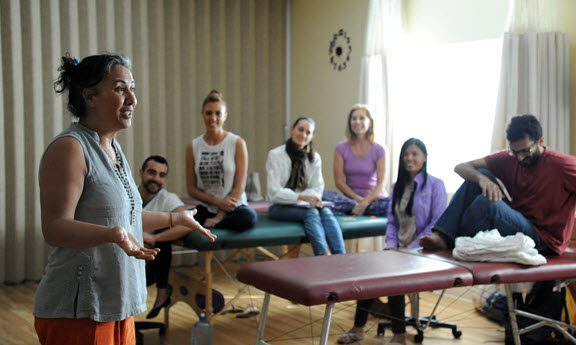Every massage therapist should understand a certain body of knowledge and possess a specific skill set to be a competent, successful practitioner. At COMTA, we’ve listed and defined this knowledge and skill set as the COMTA Curriculum Competencies. When you’re choosing a massage therapy institution or program, make sure the required classes align with these competencies.

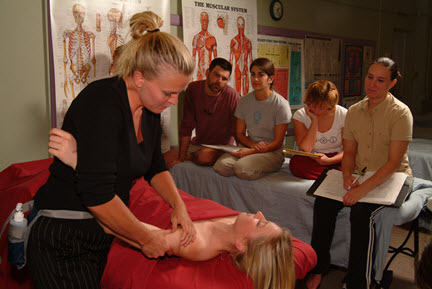
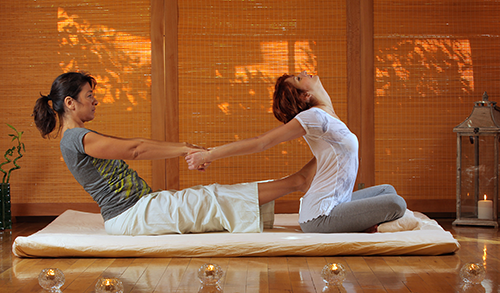
Our curriculum competencies set standards of professional knowledge and abilities, and place emphasis on student learning outcomes.
When you graduate a massage therapy program, you should have the following competencies:
You will learn anatomy and physiology for the whole body, as well as the most common health conditions that need to be considered when planning a session. You will learn common healthcare terminology, and the most important information to gather from a client regarding their health history to determine what techniques are safe to use with them, and which techniques might need to be adjusted to meet their specific needs. You will learn about how massage therapy and bodywork might impact the client during and after the session, both physiologically and emotionally, and how to guide clients in getting the most positive effects from their session. And you will learn about how massage therapy fits in with other activities and treatments for the client’s wellness.
If the program has a title that indicates Asian bodywork is included, then we also will check to make sure the foundational concepts for Asian Bodywork Therapy (ABT) are part of what you learn.
In addition to understanding all the theoretical information about how massage and bodywork can effect the client, you will also learn different hands-on techniques to develop your skill in performing therapeutic touch. The important distinction in this competency is that we make sure your school is assessing your ability to do the techniques, not to answer written questions about them. This could be assessed through partnering with classmates, or it could be through working with members of the public in a professional clinic setting. Whatever the setting, you will need to know how to use the equipment and products common in the practice of massage and bodywork, such as a padded table and oils and lotions. Some massage therapists use hot and cold items to influence the client’s level of tension; since not everyone will use such items after graduating, we simply check that your school teaches about how those items could affect the client’s body.
Remember, this competency does not ensure that you will learn all the different styles of massage and bodywork – there are too many for that! Every school has the flexibility to decide which techniques they will teach you, and we check to make sure that their teaching includes assessment of your ability to perform the techniques yourself.
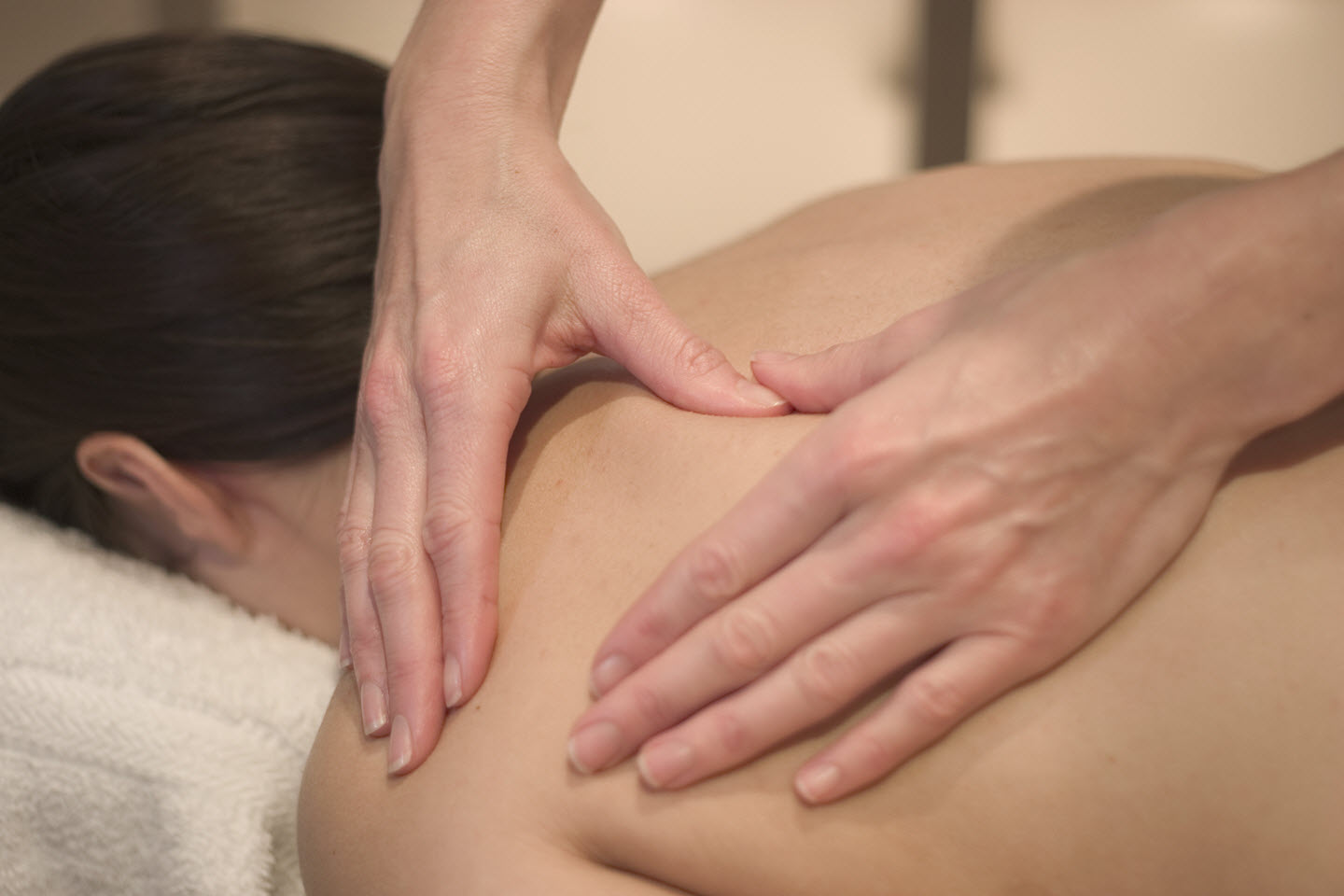

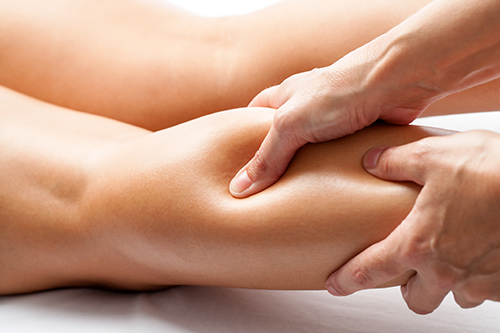

Whether you prefer yoga or a good talk with a friend, making time for yourself is important for the longevity of your career in a helping profession like massage. This competency is intended to ensure that schools are teaching their students about how to manage stress in healthy ways, and to plan ahead to create a lifestyle that balances work with the types of activities that will support you in making this a career that lasts.
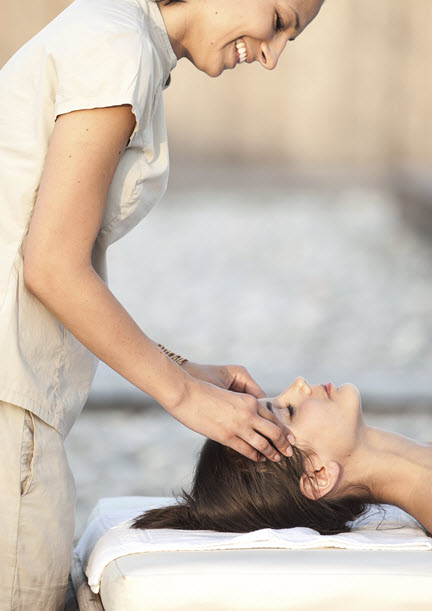
From understanding cultural differences, to practicing professional boundaries such as timeliness and dressing professionally, you will learn about important ways that your own behavior can influence your relationships with your clients.
Right after graduation, you might want to work for someone else to build your experience and see as many clients as possible. Or perhaps you want to go into business for yourself! Either way, we want to make sure your school has prepared you for the most common career pathways for esthetics professionals, so we use this competency to check that aspect of the curriculum. Remember, we want this career to last, so we want you to know a little bit about how to be either an employee or an entrepreneur, and to build a successful practice with loyal clients in either case.
Becoming a massage therapist may only take a few months, but the profession changes every year as new research comes out. You will need to learn about the ways to keep up to date with the latest information available, as well as how to maintain any licenses you need to practice, which might require that you take refresher courses every few years. We want to make sure you have tools for your future career, so we ask your school to teach you more than just what you need to know for your first year.
